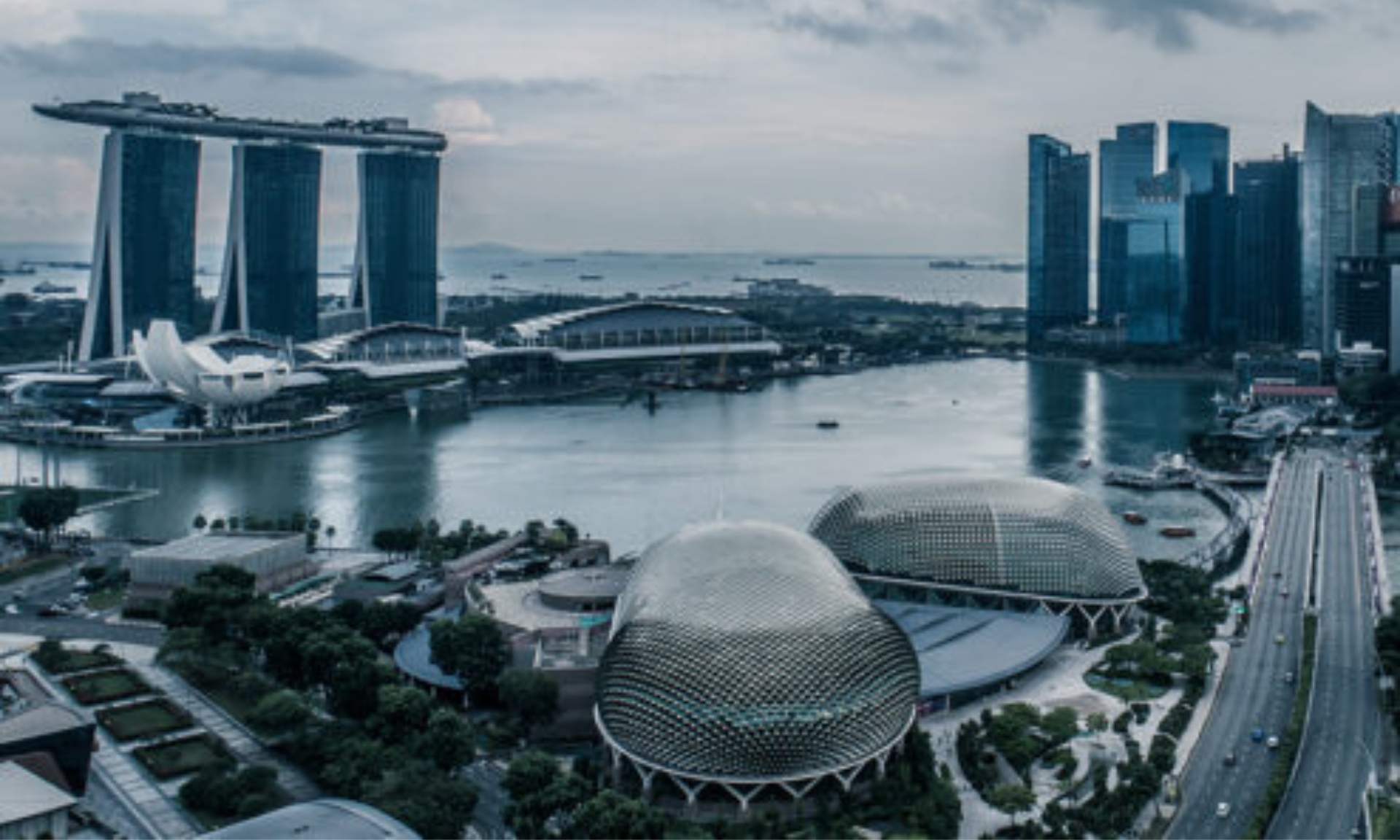Singapore’s trade finance banks warned over environmental crime risks

Source: Global Trade Review
The Monetary Authority of Singapore (MAS) has warned the city-state is vulnerable to criminals laundering the proceeds of environmental crime and is urging local banks to conduct greater scrutiny of trade transactions.
Last week, MAS published the findings of a government-wide review into Singapore’s financial sector and its potential exposure to crimes such as wildlife trade, illegal logging and the illicit shipping of hazardous waste.
Singapore’s regulator revealed banks and payment service providers are the sectors most acutely exposed and said trade-based money laundering (TBML) is a key risk for the industry.
“Banks and remittance agent sectors have been assessed to be the sectors most exposed to environmental crime [money laundering] risks in Singapore. These sectors are more internationally oriented and are most vulnerable to being misused to launder proceeds,” MAS says.
Singapore is broadly at risk given its role as a financial centre and international trade hub, positioned at the intersection of global supply chains.
The report highlights money laundering risks are a particular concern for banks, especially those involved in facilitating trade.
“Banks may be exposed to [such] risks through financing trade in illegal [environmental] goods and dealing with criminals looking to park their illegally obtained proceeds,” MAS says.
The report comes amid growing concern over Singapore’s role in transiting illegal wildlife goods such as ivory or pangolin scales to buyers in East Asian nations, namely China, Vietnam and Laos.
In 2019, Singapore’s customs confiscated 25 tonnes of Pangolin scales contained within two shipments from Nigeria to Vietnam. The scales had been masked as cassia seeds and frozen beef.
Meanwhile, in 2022, the city-state recorded its largest seizure of rhinoceros horns to date.
The illegal shipment of timber from Indonesia is another area of potential concern. According to the Environmental Investigation Agency (EIA), East Asia is in the “midst of an environmental disaster, with some of the highest deforestation rates in the world”.
In its review, MAS says Singapore’s position in global trade finance ultimately leaves it vulnerable to environmental crime, in particular, through TBML.
“[Environmental] goods transactions are closely linked to trade financing transactions and the monies moved or received by a middleman such as a logistics or import/export company could appear legitimate until the bank dives deeper to examine the source of the funds, nature of transaction, and verify the goods against that reported in the bills of lading,” MAS says.
“Given their global network, banks in Singapore inevitably process high volumes of international fund flows. They could facilitate TBML transactions that are often hard to differentiate from legitimate transactions.”
“The sector is assessed to be highly vulnerable to [environmental crime money laundering],” it adds.
In its report, MAS highlights various red flags that may indicate TBML, such as the falsification of documents to mask the locale of origin or using transit countries to commingle legal and illegal products.
Criminals may also divert containers or shipments through third countries and switch the bills of lading or vessels, concealing the movement of environmental goods and money, MAS says.
Overall, MAS says Singapore’s financial sector has a “medium to low” risk of being exposed to environmental money laundering, and to date, the city-state has not successfully convicted any person or entity for such crimes.
However, the review is intended to help “high-risk” institutions such as banks to “formulate their procedures and controls to better detect and stay alert” to environmental crime threats, MAS says.
Scrutiny of illicit wildlife trade has been growing in recent years, yet according to estimates from the Financial Action Task Force, a standard-setting organisation focused on illicit financial flows, environmental crimes are estimated to generate around US$110bnto US$281bn annually.
Later this year, Singapore is preparing to expand the scope of its existing Corruption, Drug Trafficking and Other Serious Crimes (Confiscation of Benefits) Act, which targets environmental crime laundering.
The expansion would allow Singapore’s authorities to investigate offences that first take place overseas but have “no domestic equivalent”, such as illegal logging or waste trafficking.
